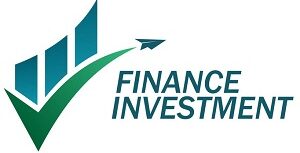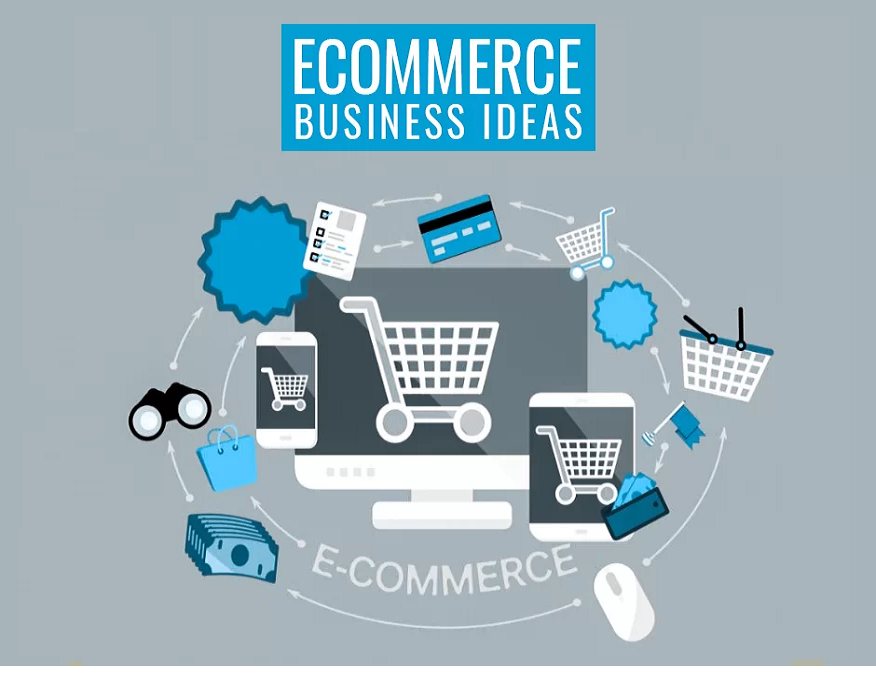Keeping accounts is a legal obligation for all traders, and more broadly all entrepreneurs, regardless of the size and status of the company. At the start of your activity, it is tempting and possible to use a spreadsheet (Microsoft Excel, Numbers, Google Sheets), but when the activity takes off and purchases/sales accumulate, these programs show their limits and this can quickly become a mess in your accounting. Indeed, it becomes complicated to link all your sales invoices and your proof of purchases to your professional account lines, to make your expense reports or to anticipate your social security contributions. So as not to look gray at the end of the month,
Accounting software is a real management tool for your business. When you become a business leader, you often underestimate the importance of administrative tasks to properly manage your business. Accounting software allows you to track all your transactions, track trade payables and receivables, and keep an eye on your cash flow.
You can also monitor your profitability and anticipate the payment of your social security contributions and VAT. They also bring you a significant productivity time saving for your monthly accounting and the editing of your annual accounting documents such as your balance sheet or your income statement.
Indeed, most software today offers you the possibility of simplifying your accounting management by hosting all your supporting documents (invoices, receipts, expense reports, etc.) and linking each of the receipts and expenses with the entries in your professional bank account. . In this way, you stay up-to-date fiscally, you gain autonomy and save money when publishing your annual balance sheet, because your accountant will only have a document validation role.
Thus, communication with your accountant will be facilitated and your company will gain credibility with banking institutions if you wish to apply for financing for your development.
How to start a micro business.
How to choose accounting software?
The choice of accounting software should not be taken lightly. It is a tool that will accompany you for several years and perhaps even throughout the life of your company. To make an informed choice, you must therefore ask yourself a number of questions and answer them.
The first thing is to see if the accounting software is suitable for the size of your company, your legal status and your activity. For example, there is specialized software for micro-enterprises, others for SMEs with integrated payroll management, or others specialized in a sector such as catering.
Draw up an inventory of your current solution and what you are missing: payroll management, follow-up of quotes and invoices, connection with your professional bank account, mobile application for making your expense reports, preview of social security contributions and VAT installments …
If you have an accountant or an accountant, you can also ask him for advice. Perhaps he has software to recommend to you or an internal solution that will facilitate your exchanges and the transmission of your accounting information to produce your balance sheet.
Most accounting software offers a trial version or a demo site so you can test how it works. Compare and test before choosing a solution. It is an important decision, which can commit you for many years.
10 Steps to Accounting for Your Small Business .
Find the accounting software that’s right for you
To help you find the accounting software you need for your business, we have selected 11 software that we think is relevant to compare.










